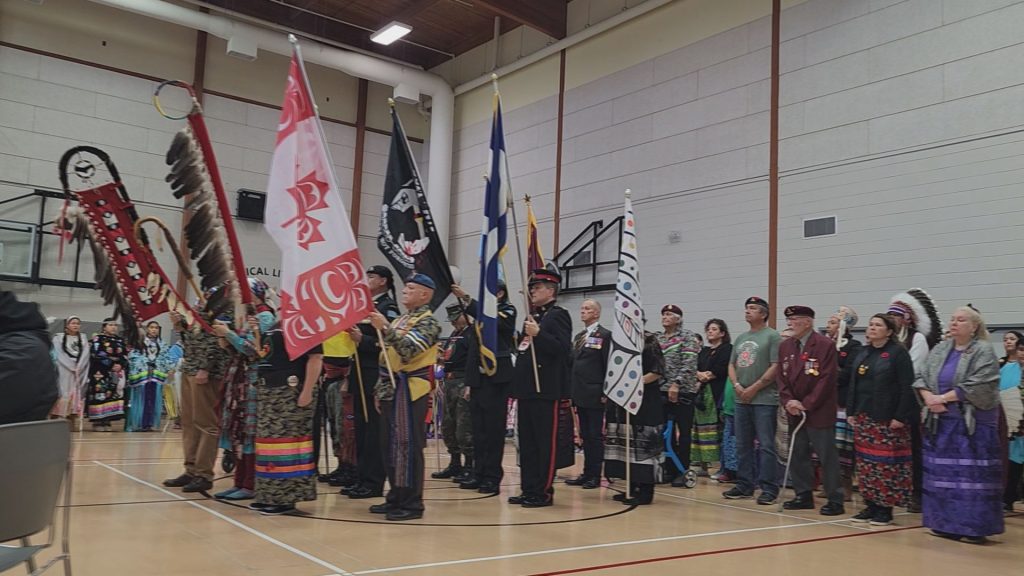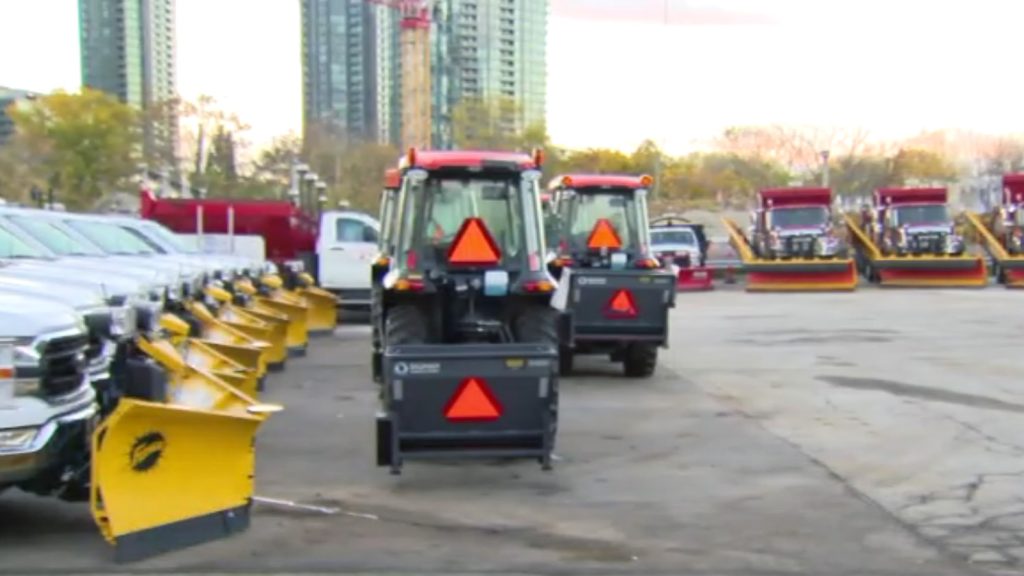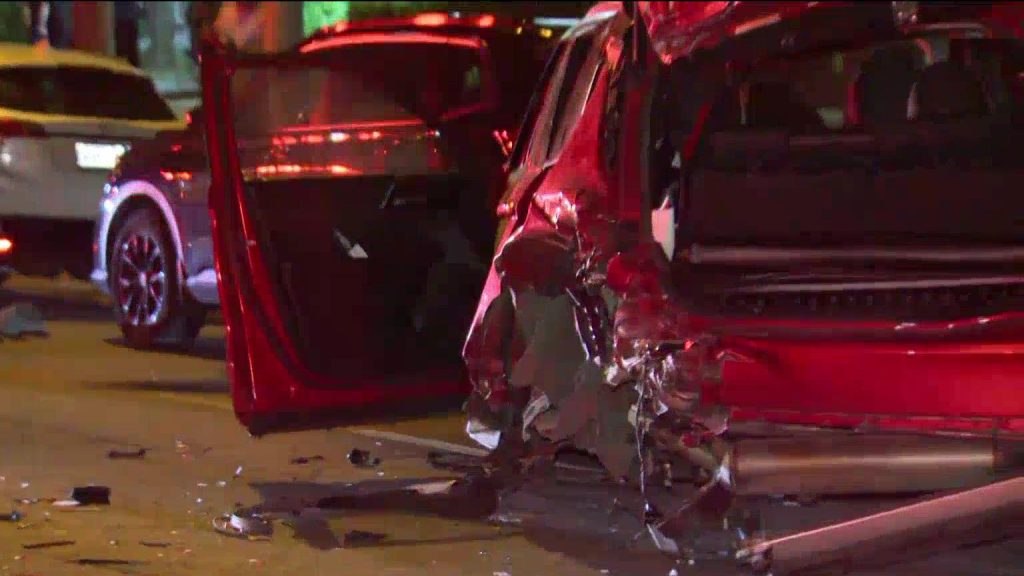Hundreds of veterans, family members, and First Nations leaders came together on Saturday to commemorate the first annual powwow marking Indigenous Veterans Day at Sgt. Tommy Prince Place in Winnipeg. This significant event was organized not only to honor Indigenous veterans but also to shed light on the discrimination they encountered during and after their military service, which included being denied benefits and the right to vote.
Kelly Brown, an Indigenous veteran, shared his family's military legacy, stating that both his grandfather and father served in the First and Second World Wars without receiving the recognition they deserved. Brown expressed the contrasting experiences of camaraderie on the battlefield and the struggles faced upon returning home, noting that they were viewed with disdain by society. He emphasized the emotional weight of remembering the sacrifices of Indigenous veterans, saying, "It's very overwhelming to just be able to remember them and the sacrifices they did, and the other brothers and sisters that were in service, just to give them that acknowledgment and the respect that they deserve."
This event marks the first official celebration following the passage of Bill 210, the Indigenous Veterans Day Act, by the provincial legislature earlier that week. Although Premier Wab Kinew did not attend the powwow, he issued a statement expressing pride in the legislation's passage, which honors the extraordinary contributions of First Nations, Inuit, and Métis veterans who have served, and continue to serve, their country.
Renata Meconse, one of the powwow organizers, expressed personal significance in the event, saying, "For me, it's a very special day to remember my dad and to honor his memory." Her father was a First Nations veteran who actively participated in First Nations powwows and events, further emphasizing the deep connections between cultural identity and military service within Indigenous communities.
The provincial government demonstrated its commitment to this pivotal celebration by providing $20,000 in funding for the event. Meconse acknowledged that without this support from the Manitoba government, holding the powwow would not have been feasible. She highlighted that the funding reflects the recognition of Indigenous Veterans Day's importance alongside Remembrance Day.
Overall, the inaugural powwow serves as a vital platform for acknowledging the sacrifices and contributions of Indigenous veterans, fostering a sense of community and remembrance among participants. It marks a moment of growth and recognition in the ongoing journey toward healing and celebration of Indigenous identities within the broader narrative of military service.
```











